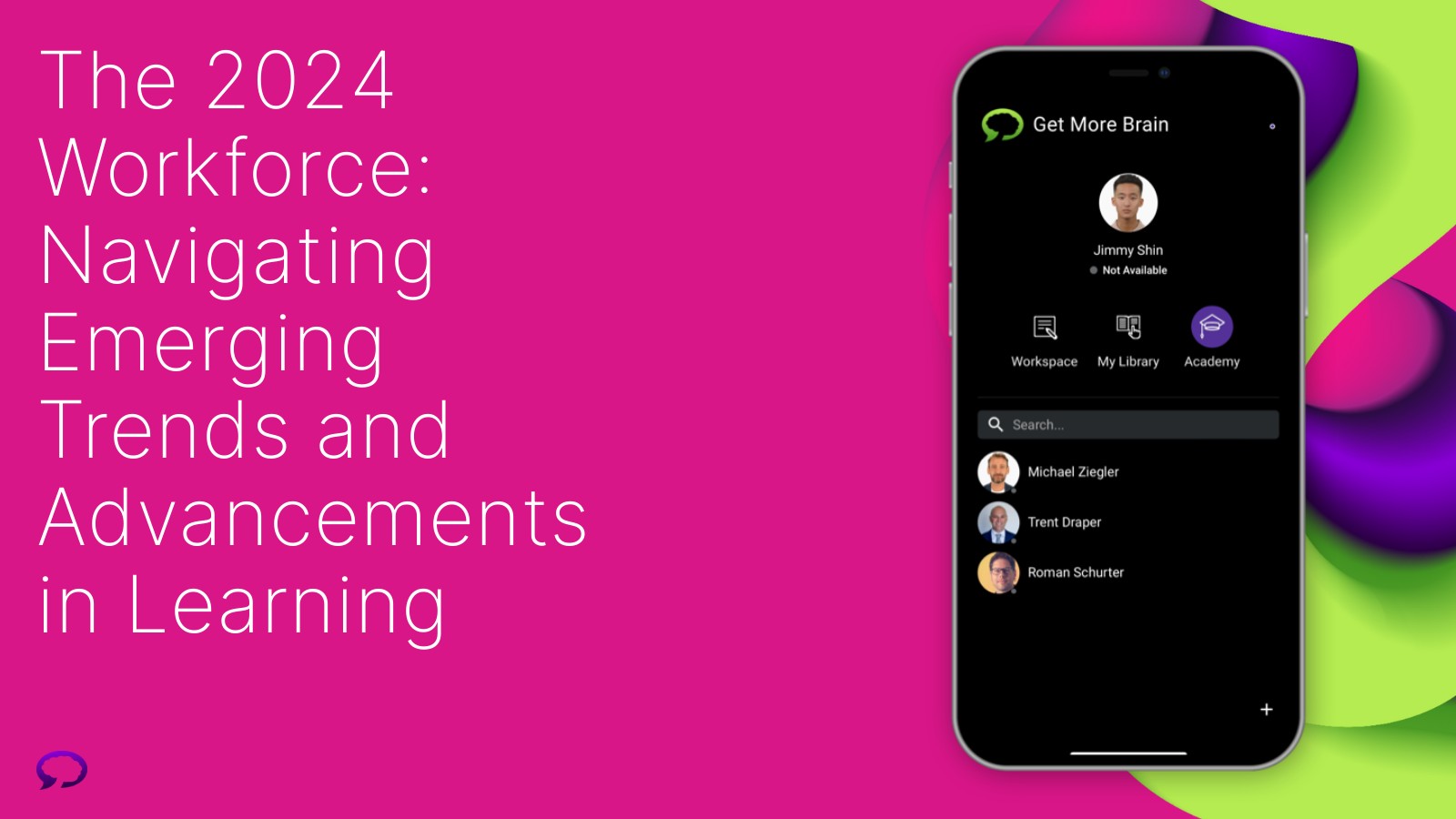As we approach 2024, the global job market is changing. The World Economic Forum’s Future of Jobs Report 2023 provides essential insights into these changes, highlighting new trends and transformations. This blog will go beyond just describing these trends; we will examine their importance, especially focusing on how learning and development play a crucial role in preparing for the challenges ahead.
It is likely that 2024 will bring many changes, and this blog is dedicated to understanding these changes and how we can best adapt to them. We will examine how different sectors are evolving, pinpoint the job roles that are growing the fastest, and look at the major economic challenges that are emerging. All of this will be discussed with a focus on the importance of learning and development in navigating these changes.

Sectoral Shifts and Emerging Opportunities
The World Economic Forum’s Future of Jobs Report 2023 highlights significant changes in employment across various sectors. Education, IT and Digital Communications are at the forefront, showing a strong recovery. This growth isn’t just a sign of economic recovery, it’s an important cue for professionals and organizations to adjust their strategies. In these thriving sectors, the key to success is leveraging this growth. This means staying updated with the latest technological advancements and continuously improving your skills to stay competitive.
On the other hand, some sectors are recovering more slowly like manufacturing, supply chain and transportation. In these areas, the need to learn new skills and seize new opportunities is more pressing. The difference in recovery rates across sectors suggests that learning strategies should be customized. They should meet the specific needs and pace of each industry. For professionals in these slower-recovering sectors, adaptability and ongoing learning are crucial. These qualities are essential to stay relevant and strong in a job market that is constantly evolving.
Fastest-Growing Job Roles: A Learning Perspective
The World Economic Forum’s report highlights rapid growth in specific job roles, especially in technology, sales, and human resources. These roles are leading the way in the changing job market, and each requires a mix of diverse skills. In technology roles, for example, it’s no longer enough to have only technical knowledge. These roles now also demand skills like creative problem-solving and the ability to work well with others.
This change in job roles is part of a larger shift in how work is done. It emphasizes the ongoing need for learning and development — not only for career advancement but also for personal growth. Being able to adapt, learn new skills, and evolve in these roles is becoming increasingly valuable for career success. Therefore, learning and development strategies need to be forward-looking and comprehensive, covering a wide range of skills and abilities.
Economic Challenges and Resilient Workforces
In 2024, economic factors like the rising cost of living and slower growth rates are expected to impact the job market significantly. These economic conditions demand a workforce that is not just skilled, but also flexible and strong in the face of change. In such uncertain economic times, the ability to quickly adapt, learn new skills, and take on new challenges is crucial.
The role of organizations in creating a resilient workforce is key. They need to provide learning environments that help employees deal with these economic challenges effectively. This means offering comprehensive training and development programs that not only improve skills but also build resilience. A workforce that is well-equipped to manage economic ups and downs will do more than just get by. It will be able to find new opportunities for growth and innovation in the face of these challenges.”
Technology Adoption: A Dual Focus on Skills and Automation
The upcoming adoption of technologies like generative AI, big data, and cloud computing is transforming how we work. This shift is not just about learning new technologies, it’s also about maintaining human skills that technology cannot replace. The future workforce needs to be skilled in using these technologies to improve efficiency and drive innovation, while also keeping strong in areas where the human touch is key, such as creativity, understanding, and ethical decision-making.
To meet these needs, learning and development programs should offer a balanced approach. They need to include technical training that keeps up with the latest technological advancements and also focus on soft skills like critical thinking, effective communication, and leadership. This dual focus ensures that as we leverage new technologies, we continue to value and develop the human qualities that are essential in our work and interactions.
Conclusion
As 2024 unfolds, the trends identified in the World Economic Forum’s report present clear opportunities and challenges. Success in this evolving landscape largely depends on our dedication to ongoing learning and development. By understanding these trends and equipping ourselves with broad learning strategies, we can transform potential obstacles into opportunities for growth and innovation. Entering 2024, let’s commit to a path of learning, adapting, and excelling in a world that’s constantly changing.
If you’re curious about how you can transform your learning and development strategy, I invite you to follow me on Medium or LinkedIn, leave a comment below, or reach out to me directly. Let’s connect, explore, and work together to enhance performance, engagement, and retention in your workplace.
This post was first published on Medium.


